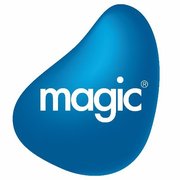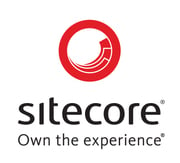

MongoDB Reviews & Product Details
MongoDB is a NoSQL database that supports scalable, and high-performance data storage solutions. The platform’s automatic sharing features combined with real-time analytics and horizontal scalability empower businesses with efficient data management.
| Capabilities |
|
|---|---|
| Segment |
|
| Deployment | Cloud / SaaS / Web-Based, Desktop Mac, On-Premise Linux, On-Premise Windows |
| Training | Documentation |
| Languages | English |
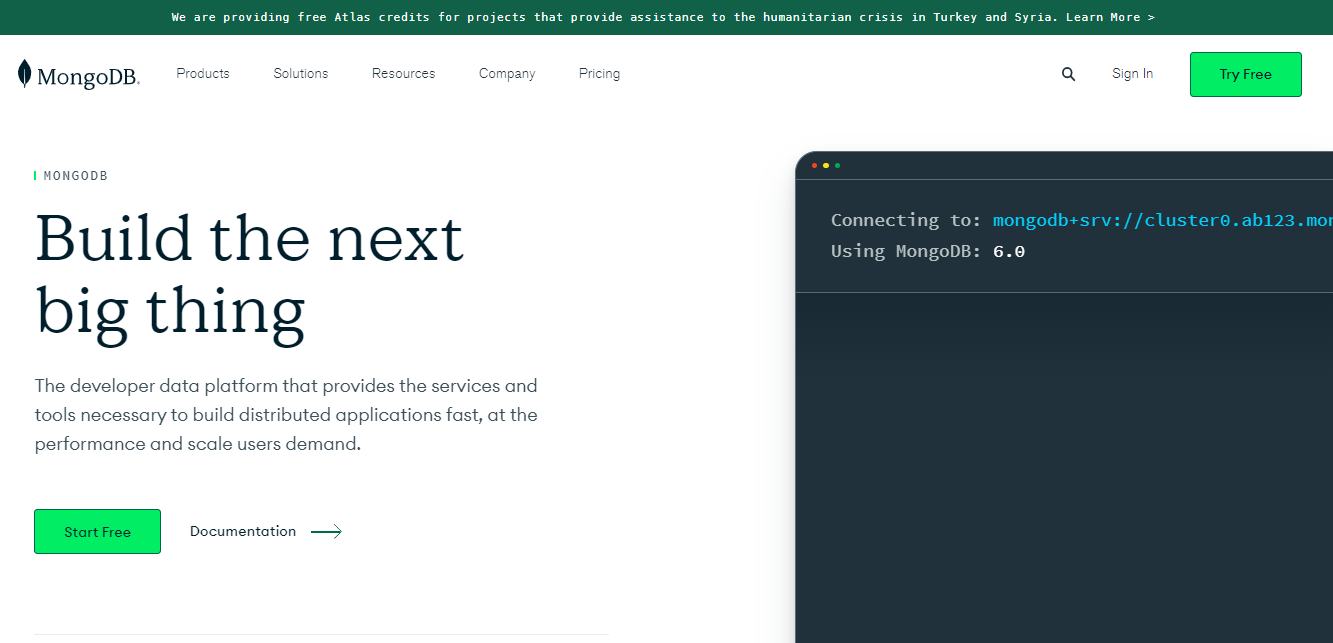
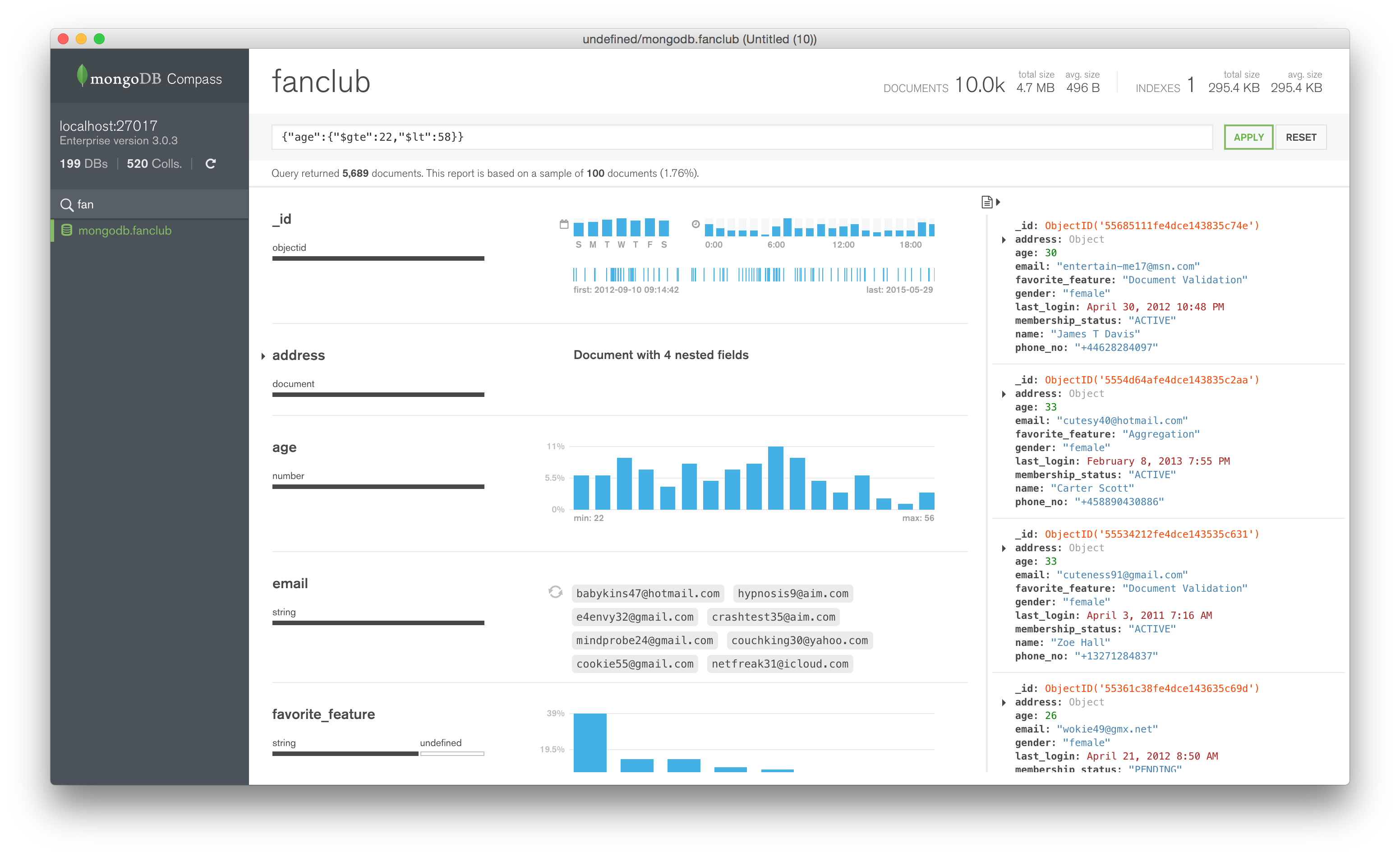
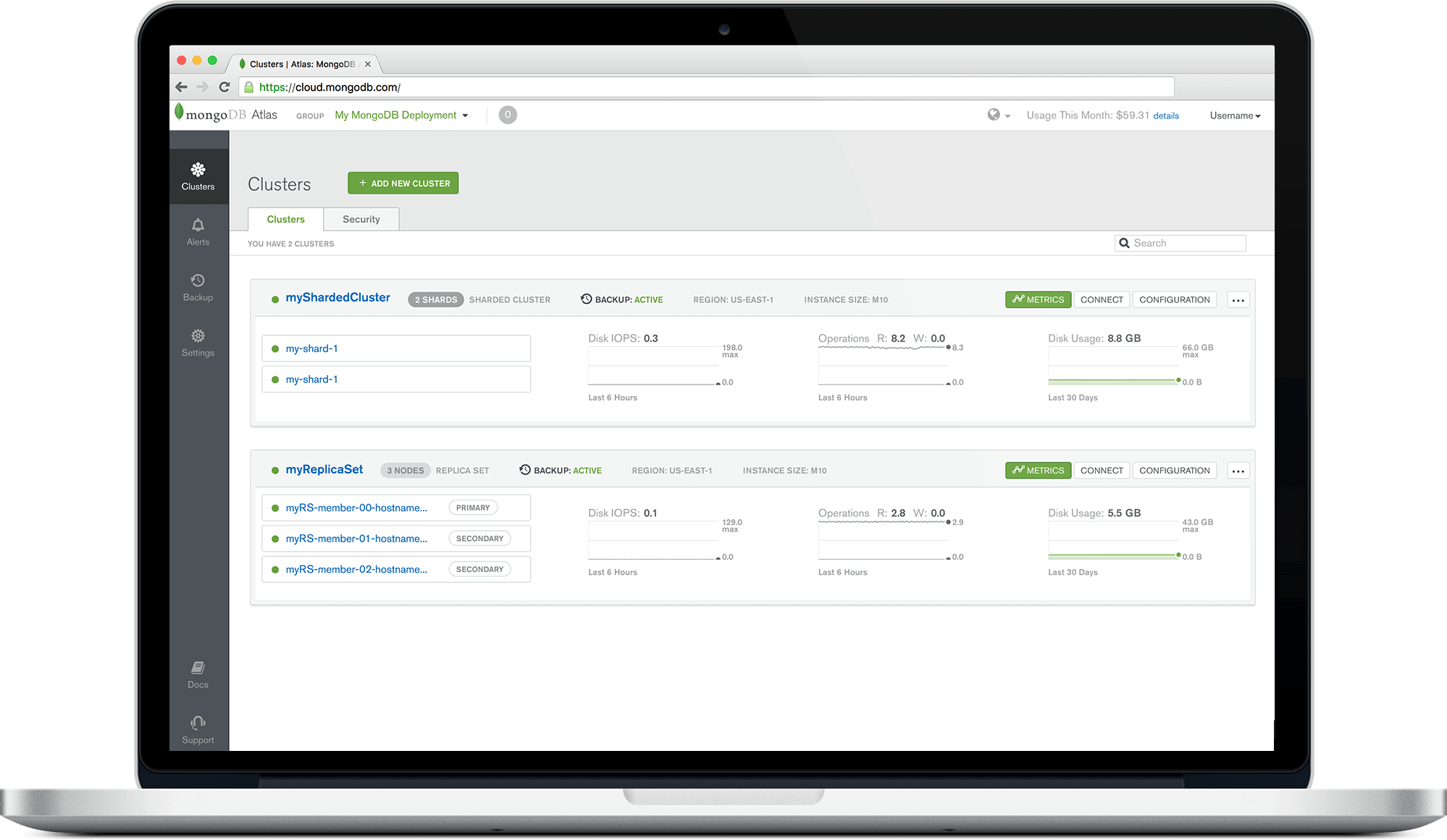

Fast paced development. Can turn out product really quick
Nothing as of now. ACID trancascations should support across divisions
Speed
I came to Mongo from Postgres and MySQL and was pretty excited about how easier things can be compare to my previous experience. I also had good experience with wiring Mongo to Heroku. So far I am very happy with Mongo and hope this feeling will never end.
What you usually don't like about non-relational database
Store posts for blog and vacations descriptions for jobapp
I like how easy it was to learn and get started in the beginning.
It can be difficult to scale with bigger companies.
We have found change streams incredibly helpful with versioning our data when we started to scale.
I like the simplicity of use through applications like Compass and Studio 3T, and the ability to access and manipulate data that SQL based systems cannot do well.
There is a steep learning curve on certain functionalities ($facet) and the use of other functions ($group and $count) are so slow within MongoDB's environment as to make them problematic for scaling.
We are in the exploratory phase of figuring out ways to productise the data that we have been accruing on our industry over a long period of time.
-Simple to use -Allows you to easily integrate with multiple systems
-New users have to figure out how to move away from SQL Query writing
Integration between ERP and EMRs plus other applications
The easy to use native powerfull mapreduce , and prejoin collections
The hard limitation of 16MB per document
Converting XML Documents to JSON Documents
The NO SQL nature of the db. The schema less nature
No multi master ability. Only a single primary
Building business applications
The sessions and Talking to the experts
nothing to dislike
Scaling / Reporting
Most maintenance requires no downtime with replica sets.
Lack of true multi master implementations. Difficulty of multi data center implementation.
IOT. Scalable writes.
The ease of getting started and flexible as you go design approach
The need for data setup and manual config
SPA architecture for creating personalized visuals for stakeholders
Very easy to get started, great documentation, integrates well with existing solutions
Difficulty ensuring consistent and accurate data
Storing data for web app, very quick to change things and intuitive.
Flexibility and Performance of MongoDB. Ease of use and low bar to entry.
There is not much to dislike, but if i have to pick one thing then that would be the amount of time I have to key in the aggregation query to get it right. Learnt today that I can break it into smaller pieces and reduce the amount of retyping.
IoT - Home Automation. High performance when recording telemetry data. Good aggregation mechanisms to aggregate data over multiple devices.
Easy installation and impressed the way mongo team prepared the documentation.
The people who not know about the Mongo criticise the nosql world.
I gave solution for real time reporting and high performance read write operation.
The synergy between the code and database, especially with Node.js.
Having to go back and make performance tweaks to existing structures.
Trying not to spend too much time integrating new features and iterating on existing ones because of database constraints.
Mongodb does not have primary Key and foreign key concept which makes it better than SQL database. It has relationship between tables and which can be related easily. It has npm packages to integrate to Nodejs server. It has mongodb driver npm package to access all native methods It has packages for auto-populate and auto-delete(soft delete)
It is not easy to sort the result that is json according to the front-end developer. It does not use elastic search. Validating the sub-schema is hard. It is not easy to join two tables (map-reduce)
Faster database operations. Easy to write database queries via NPM packages. Easy to relate tables that is establish relationship between tables.
The best things in MongoDB is the schema-less db - it helps move forward rapidly in prototypes.
The query language is really hard to use, I would like it to be easier to query nested structures (such deep arrays or deep properties), I want to it to be intitutive like sql for data exploration.
The problems I am trying to solve are simple CRUD for storing metadata on instances.
- Very different compared to SQL but in a good way. It really makes sense to me when constructing databases. - I love how you troubleshoot the mongdb to see if data is being populated correctly or databases are nesting.
So far after using it for a few months, I don't see any negative things at the moment.
I am just creating my own personal apps using MongoDB as the back end database.
It is easy to use. JSON format is intuitive.
There is no join statement. Needs sometime to think out of RDBMS box.
Fast development
Pluggable storage engine API, elections and automatic failover. Easy to do rolling upgrades. Flexible workloads -- runs write heavy, read heavy, or mixed workloads. Online indexing, background indexing on secondaries and primaries. Lovely data interface layer.
Mongo is a young db. Mmap is very wasteful with space, QA process is leaky. Sharding has some serious fundamental technical problems. The marketing hype exceeds execution on occasion.
Powering hundreds of thousands of the world's mobile apps. We run hundreds of thousands of workloads on MongoDB, as well as logging and other backend services.
excellent commercial support and documentation.
UI admin tool can be improved a lot. better automation tools.
document storage. low latency inserts and reads. cost effective solution for unstructured data.




